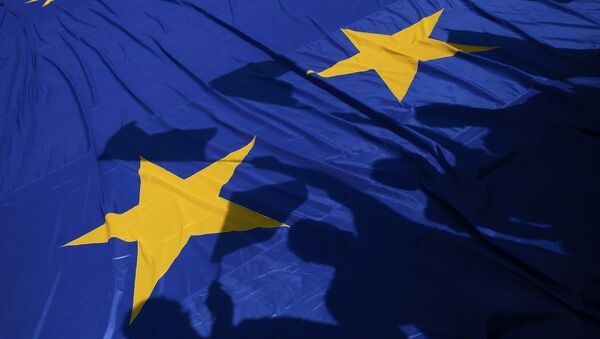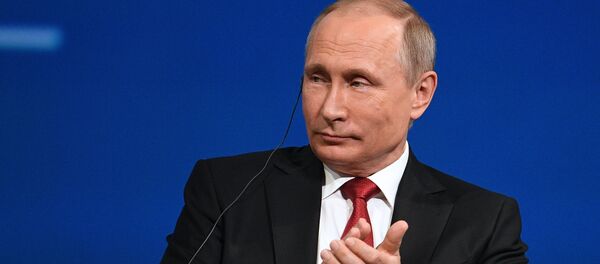"I wouldn't say that the European Union and the United States have always had a natural and unbreakable [unity]. There have always been differences between the two. Take trade wars or the competition between Boeing and Airbus for instance. There are other examples. The European Union joined the sanctions war against Russia under the pressure from the US. At the same time the fallout from Russian countermeasures is greater for the EU than the US to a large extent due to the fact that the volume of trade between Russia and the EU is incomparable to the trade turnover between Russia and the US," he explained.
Austrian Chancellor Christian Kern mentioned the detrimental effect of anti-Russian restrictive measures at the ongoing St. Petersburg International Economic Forum.
Kern also said that EU members would discuss extending the restrictive measures imposed on Russia. "Austria's role within this framework is to take part in what is going on," he said, without elaborating.
Kovalev is convinced that the European Union would gradually improve relations with Russia, but this process would be lengthy.
"The EU would surely review its relations with Russia, but I would not expect this to happen soon. After all, EU member states do not see eye to eye on this issue. Several countries have been severely hit by restrictive measures. Many in these nations have urged to put an end to the standoff with Russia. However, it would be hard to do this in an instant. In addition, it has to be a joint decision of all EU members, which is an extra challenge," he said.
Never miss a story again — sign up to our Telegram channel and we'll keep you up to speed!




